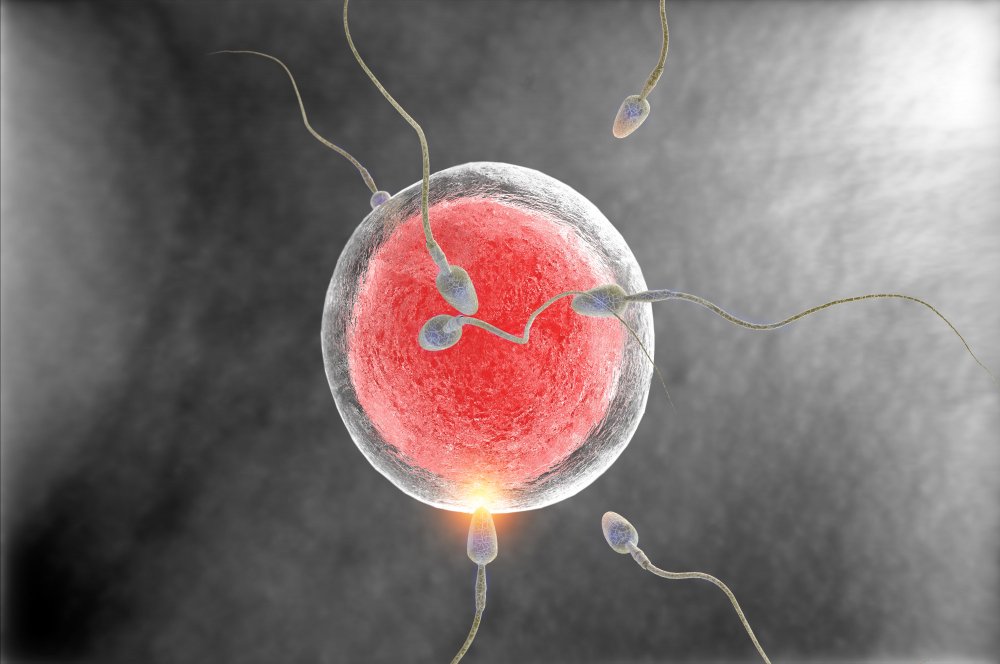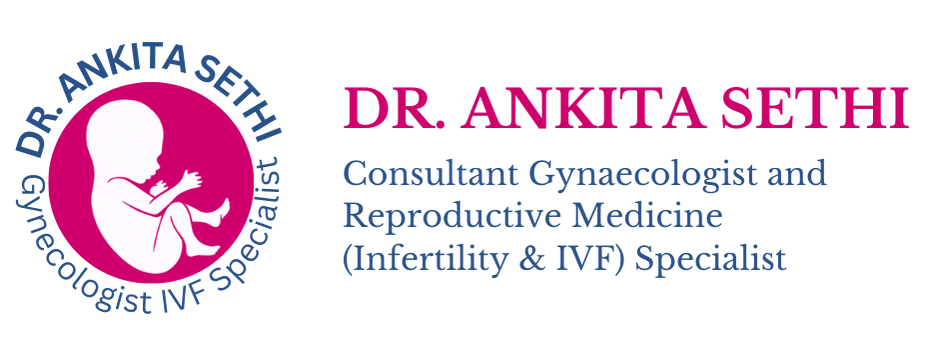Egg Donations
In the realm of assisted reproductive technologies, egg donation has emerged as a profound and transformative option for individuals and couples facing fertility challenges. This altruistic act involves a woman, known as the egg donor, providing her eggs to another individual or couple struggling with infertility.
Egg Donations
In the realm of assisted reproductive technologies, egg donation has emerged as a profound and transformative option for individuals and couples facing fertility challenges. This altruistic act involves a woman, known as the egg donor, providing her eggs to another individual or couple struggling with infertility.

What is Egg Donation?
Egg donation is a fertility treatment option that involves a woman, known as the egg donor, providing her eggs to another individual or couple, known as the intended parents.
This process is commonly used when the intended mother has difficulty producing viable eggs or when there is a genetic concern that the intended parents wish to avoid.
The donated eggs are fertilized with sperm in a laboratory, and the resulting embryos are transferred to the uterus of the intended mother.
The Egg Donation Process
1.) Matching Process
Once accepted into an egg donation program, donors may be matched with intended parents based on criteria such as physical attributes, educational background, and ethnicity. Some programs allow for anonymous donations, while others involve varying degrees of contact between donors and recipients.
2.) Stimulation and Egg Retrieval
Egg donors undergo a controlled ovarian stimulation process to encourage the production of multiple eggs. During this time, the donor is carefully monitored through ultrasound and hormonal tests. Once the eggs are mature, a minor surgical procedure is performed to retrieve them.
3.) Fertilization and Implantation
The retrieved eggs are fertilized with sperm in a laboratory, and resulting embryos are monitored for development. Selected embryos are then transferred to the uterus of the intended mother with the hope of achieving a successful pregnancy.
Ethical Considerations
Informed Consent
The cornerstone of any ethical egg donation program is informed consent. Donors and recipients should be fully aware of the medical, emotional, and legal aspects involved. Clear communication ensures that all parties understand their roles and responsibilities.
Impact on Lives
1.) Empowering Families
Egg donation has been a beacon of hope for countless individuals and couples struggling with infertility. The ability to conceive and carry a child to term can have a profound impact on the emotional well-being of those who had previously faced the daunting prospect of infertility.
2.) Challenges and Triumphs
While egg donation has brought joy to many, it is not without challenges. Support systems, both medical and emotional, play a crucial role in navigating these challenges.
Book Your Appointment Now

Consult Dr. Ankita Sethi at Fakih IVF Fertility Center – Abu Dhabi. Contact us to book your appointment, and please have your medical history ready. Your fertility is our priority.

